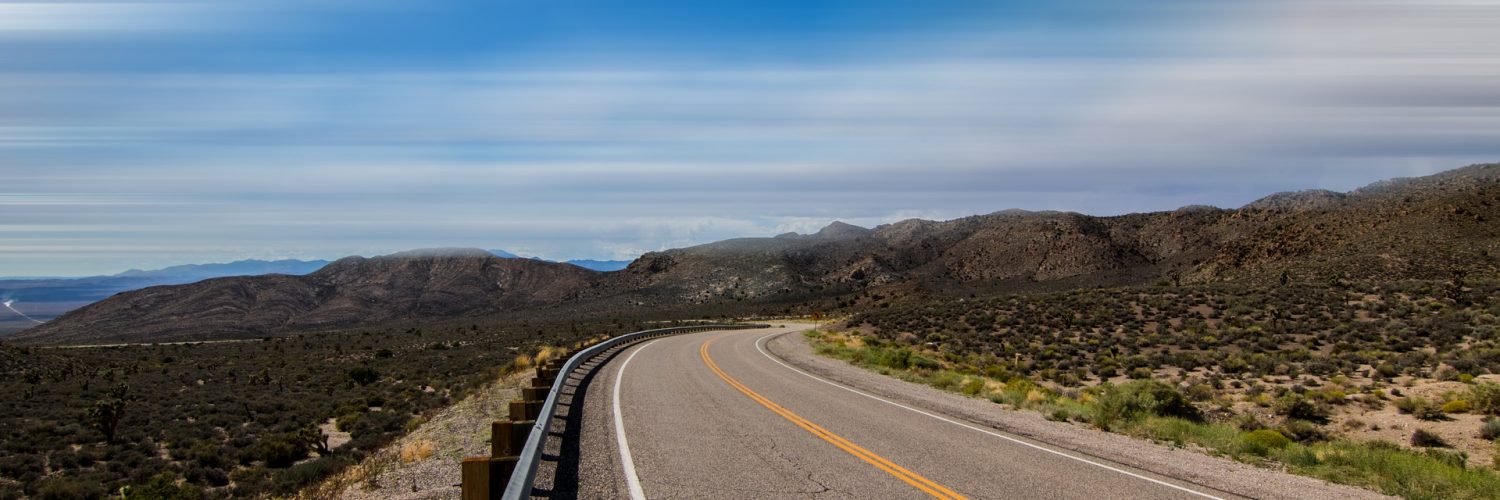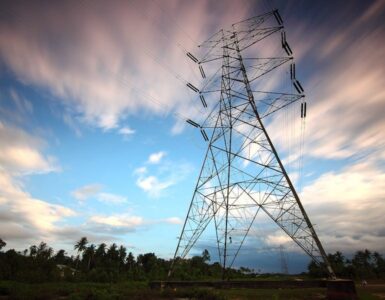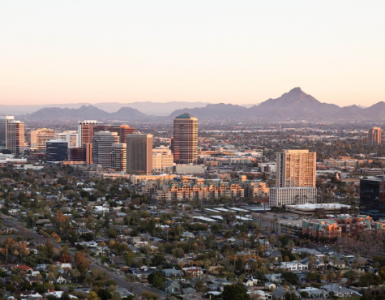Arizona has some of the most scenic highway drives for travelers hitting the open road. The red rock-lined highways winding through and around the Sedona area are so picturesque that Disney/Pixar used them as a backdrop for its Cars franchise. The state highway system here in the state includes nearly 7,000 miles of open road for road warriors, offering up such great views, and about 1,200 of those miles zip through tribal land.
To keep those roads that pass through tribal land taken care of and accessible, the Arizona Department of Transportation (ADOT) has partnered with Tribal nations for a series of forums to open discussions about ideas related to the state’s highways and provide information on agency resources.
The Tribal Transportation Working Group, a partnership of the Inter-Tribal Council of Arizona, brings together agency representatives with officials in the transportation industry along with representatives from 22 tribes in the region to discuss issues related to weight restrictions to providing information garnered at industry conferences.
The plan is to have more open communication between the state’s transportation agency and the Tribal community in Arizona and to provide more open resources from ADOT that can benefit tribes. The working group is similar to the one ADOT has with local councils of government around the state that provides a forum for those involved to exchange ideas, keeping the flow of information moving.
“Tribal land makes up more than 25 percent of all land in Arizona and we have numerous state highways that go through it, so we want to make sure that relationship is strong,” David Rookhuyzen at ADOT said.
The group first met in February to discuss allowable weights on the state’s highways, which correlates with the integrity and condition of the roads themselves that have the possibility of bearing too much weight. Enforcement and Compliance Division officers were on hand to also discuss mobile checkpoints that handle weight issues and permits related to commercial highway traffic.
“Some of the Tribal groups had concerns around using Tribal roads instead of state highways, which can’t handle some of the weights and trucks that go on those roads. We have people go out and check a truck’s weight and qualifications with our mobile weight stations,” explained Rookhuyzen.
The group will meet on a regular basis to quickly o find solutions to issues and share ideas and resources.
“Really what we’re trying to accomplish is to bring people together and work in collaboration more and ensure that we have the most appropriate solutions to transportation issues and get things solved. We can talk about their concerns and issues and see how we can come up with the best outcomes,” adds Rookhuyzen. “We have additional resources that a tribal group may not have so we can talk about partnerships and how we can improve transportation through these additional resources.”
















Add comment